Natural ways to keep your home smelling sweet
© Shutterstock
Try our five eco-friendly tips to freshen your space naturally, from houseplants to homemade cleaning remedies
It’s not a very glamorous subject, but even the cleanest home can suffer from unpleasant odours from time to time, from lingering cooking aromas to the pong of damp dogs. But it’s worth remembering that the cleanest and most fragrant homes may also have the highest levels of indoor air pollution. While most of us think of air pollution as something that happens outside our front door, the latest research suggests the air in our homes is becoming increasingly polluted from the growing use of ‘everyday’ chemicals, with air fresheners – ironically – among the worst offenders.
So how can we keep our homes smelling sweet – safely? Here are five simple ways to fragrance and freshen your home naturally.
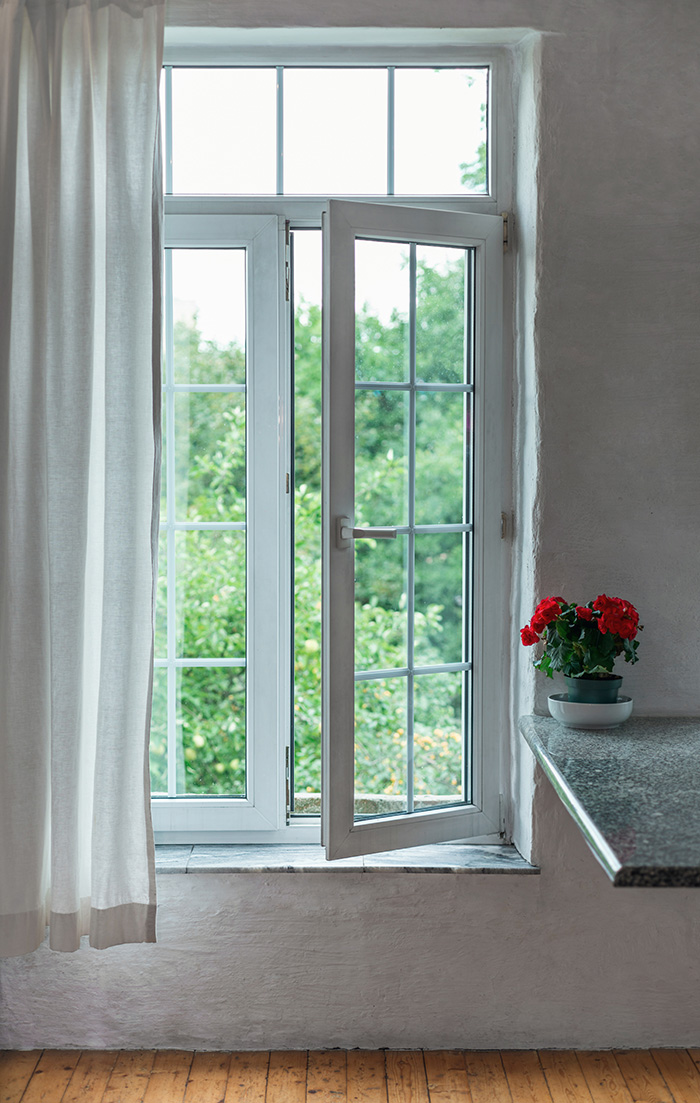
© Shutterstock
Let fresh air in
Opening windows every day is one of the simplest ways to keep the air fresh in your home. It may seem counter-intuitive, especially if you live in a city centre or on a busy street, but keeping windows shut all day means indoor pollutants can’t escape – not to mention trapping damp from kitchens, bathrooms and wet laundry that can lead to musty aromas too.
Even in winter, it’s important to open windows regularly. Experts say just five minutes is enough to allow fresh air to circulate and to release toxins and fusty smells, without wasting too much energy if you’ve got the heating on.
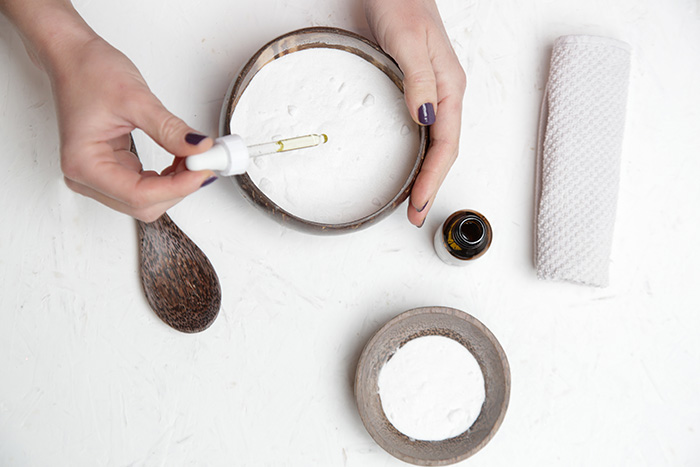
© Shutterstock
Make homemade air freshener
For something purporting to make our homes ‘fresh’, spray and plug-in air fresheners are among the worst offenders when it comes to indoor air pollution. Plug-ins produce high levels of formaldehyde, a carcinogen, as well as other substances that may have harmful health effects. These toxins may be absorbed into the fabric of your home and continue to pollute the air, even after the device is unplugged. Try this natural freshening remedy instead:
- Aromatic soda jar Mix 250g of bicarbonate of soda with around 15–20 drops of your choice of pure essential oils – try lemon, lavender, bergamot, basil, orange, ylang-ylang, grapefruit or geranium, or a combination of two or three. Pour into a glass jar and place a scrap of fabric over the top – something breathable such as cotton muslin or linen. Secure in place with string, ribbon or an elastic band, and place in a room or linen cupboard. The aroma will last around 3 months, but give the jar a shake occasionally to refresh.
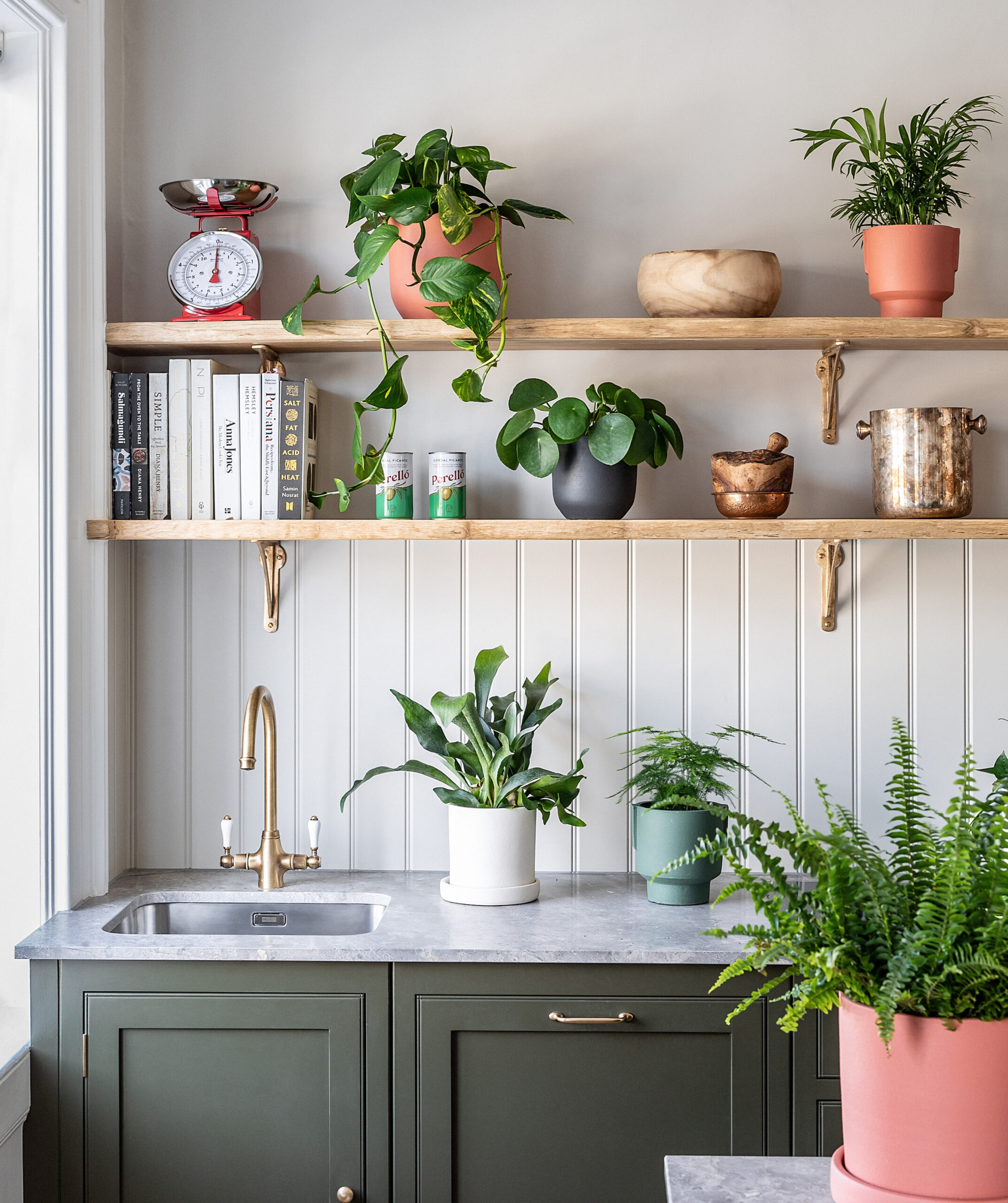
leafenvy.co.uk
Purify with plants
Houseplants cleanse the air in your home. As plants breathe, they use photosynthesis to convert atmospheric carbon dioxide and water into sugar for energy – and the by-product is oxygen.
The Royal Horticultural Society’s website suggests a list of plants that offer varying degrees of filtration for VOCs, including popular houseplants such as Boston ferns, palms, peace lilies and spider plants. But different plants offer a range of benefits, so fill your home with a wide variety of leafy foliage for best results. For example, orchids and succulents emit oxygen during the night, rather than the day, so they provide added nourishment while you sleep if you keep them in your bedroom. As for English ivy (Hedera helix), research suggests it reduces airborne faecal particles and mould – so pop a potted ivy in your loo!
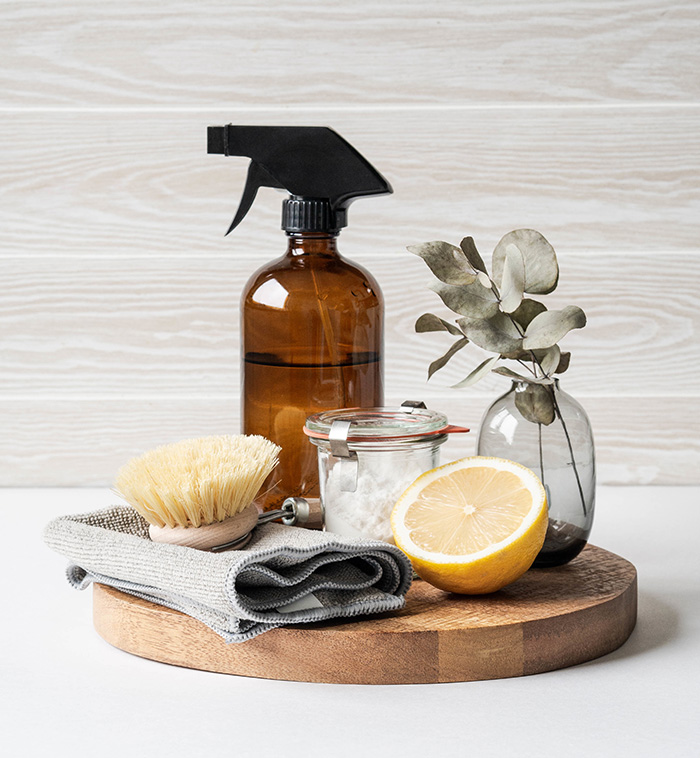
© Shutterstock
Switch to a greener clean
Cheap and cheerful soap and water cleans surfaces just as well as expensive sprays, while also being less potentially harmful for health, less likely to trigger allergic reactions, less polluting for the environment and, importantly, does not contribute to the growth of superbugs or multi-strain-resistant bacteria like MRSA, which can be impervious to antibiotics.
There are so many recipes available online for natural cleaning products using affordable basics, such as white vinegar and bicarbonate of soda, with added pure essential oils for a lovely natural fragrance. These are just as effective as commercial products but with none of the associated harmful side effects.
For a simple solution to keep your fridge smelling fresh, clean the shelves then place a small bowl or open jar inside, containing 3–4 tablespoons of bicarbonate of soda to absorb any bad smells. You can add a few drops of lemon essential oil for extra freshness too.
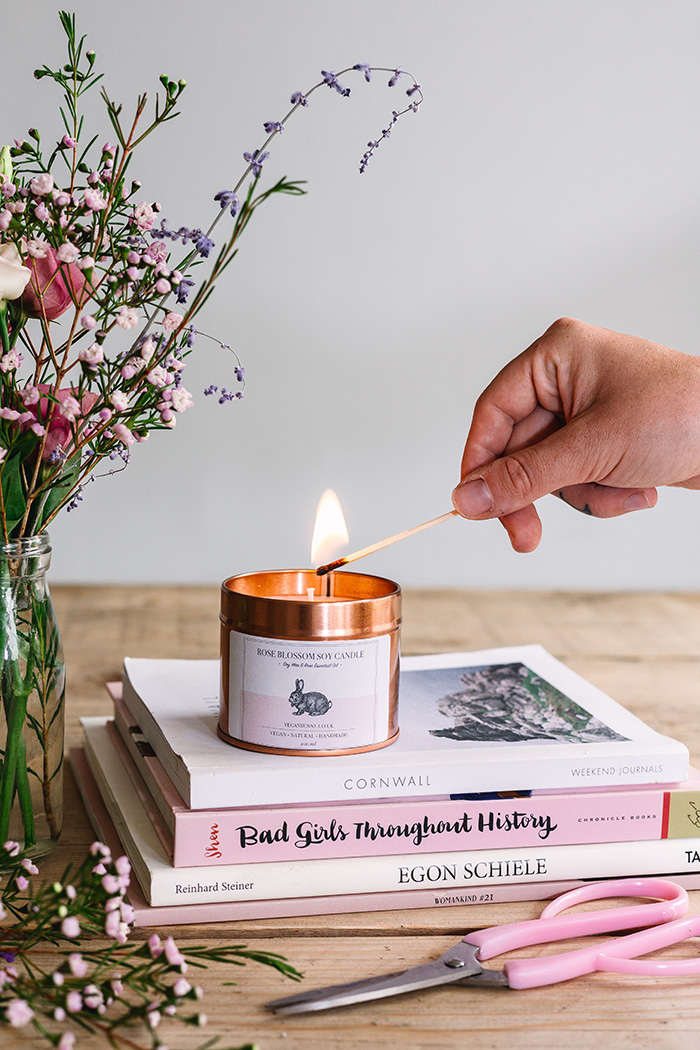
veganbunny.co.uk
Choose a safer scented candle
Scented candles are a lovely way to introduce a favourite fragrance and create an ambience in your home. But many candles are made from paraffin wax which releases toxic compounds into the air when it burns, also giving off soot which can contribute to conditions such as asthma.
For an eco and health-friendly option, look for candles made from natural waxes, like soy, coconut or beeswax, with a pure cotton wick. These will burn cleaner and typically produce only a tenth of the soot of paraffin wax. Choose varieties fragranced with natural essential oils rather than synthetic perfumes – and this applies to other air-freshening products too, such as reed diffusers and aromatherapy oil burners.
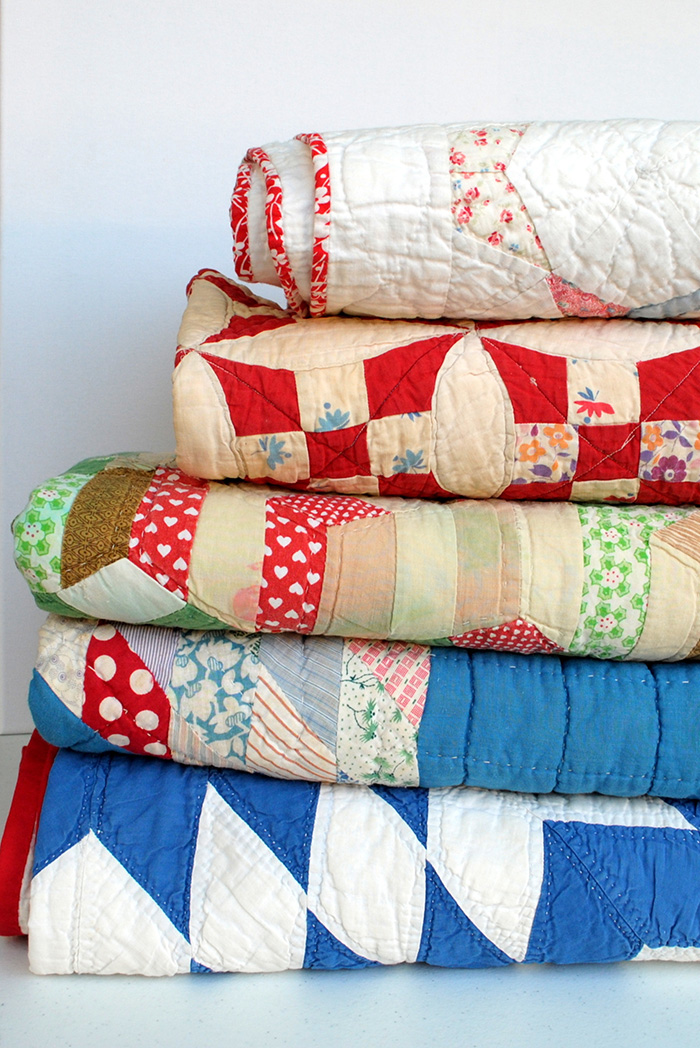
© Shutterstock
Refresh your textiles
Fabrics, including upholstery, textiles and carpets, often harbour musty smells and many of the offending items can’t be easily cleaned.
Pure liquid Castile soap works really well for tackling strong smells, and is good for handwashing delicate pieces or spot-cleaning upholstery. Plus it can even be used in carpet cleaners for your floor coverings.
For textiles that can’t be washed or to freshen upholstery, curtains, cushions, carpets and rugs, a homemade powdered remedy will work, providing your textiles are not really delicate and can be safely vacuumed. Mix 200g of bicarbonate of soda with 30 drops of pure essential oil in a jar (citrus oils such as lemon, grapefruit or orange work best). Sprinkle the mixture liberally over the item that needs deodorising and leave it for an hour, then vacuum off thoroughly.
WORDS: LINDSEY HARRAD
Before you go...
...fancy automatic entry to all future competitions?
Simply register online today for FREE and you will get:
Automatic entry to all current and future competitions.
Access to Reclaim Inspiration - an online visual pinboard for saving all your home and style inspiration.
A regular newsletter of inspiration, ideas and advice.

Save all your articles in one place
Become a Reclaim Member to save all your home and style inspiration. Simply login or register online today for FREE and you will get:
Automatic entry to all current and future competitions.
Access to Reclaim Inspiration - an online visual pinboard for saving all your home and style inspiration.
A regular newsletter of inspiration, ideas and advice.








